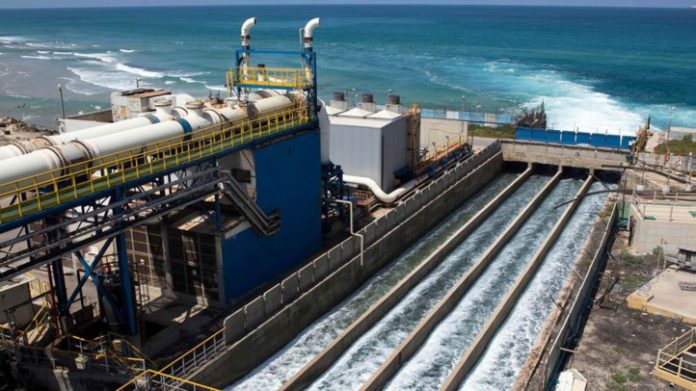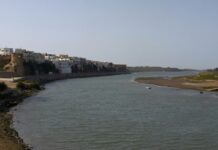In celebration of the 25th anniversary of Throne Day, two new monoblock desalination stations were inaugurated on Friday in Moulay Bouzerktoun, a rural commune in the province of Essaouira. The ceremony saw the presence of notable figures including the governor of the province, Adil El Maliki, the provincial secretary general, Driss Alahla, heads of external services, local elected officials, and representatives of local and security authorities. These stations were built by the Ministry of the Interior at an estimated cost of 22 million dirhams (MDH).
With a capacity of 15 liters per second, these stations are part of a larger structural project involving the acquisition, installation, and operation of five monoblock stations for water purification, desalination, and demineralization across Essaouira province. The other sites include Sidi Battach (Sidi Ishak commune), another station in Moulay Bouzerktoun, Bhibah (Akermoud commune), and Tafedna commune.
Mohammed Meziani, Director General of the Autonomous Intermunicipal Water and Electricity Distribution Authority of Safi (RADEES), stated that the inauguration of these stations is part of an urgent, strategic national program initiated by the Ministry of the Interior under Royal Directives to address water stress. Meziani highlighted the program’s ambitious scope, which involves a total investment of 4 billion dirhams and includes the installation of 26 desalination stations—16 with a capacity of 10 liters per second and 10 with a capacity of 5 liters per second—as well as 15 demineralization stations, featuring 8 stations of 10 liters per second and 7 stations of 5 liters per second. Essaouira province has received a significant share of this project, with an investment of approximately 60 MDH, representing 20% of the total.
Meziani praised these critical infrastructures, noting their impact on strengthening potable water supply to rural communes in the province, especially during periods of drought.
Fouzia Taoumi, General Manager of Schiele Maroc, the company responsible for the project, emphasized that this initiative aligns with ongoing national efforts to enhance and modernize hydraulic infrastructures to ensure equitable access to vital water resources across all regions. She noted that the new infrastructure, completed in just eight months, is part of a broader plan to establish additional stations in the province, which will be interconnected by an electricity and water distribution network to maximize efficiency.
Taoumi also stressed that these new stations will support agricultural and tourism development in the region by providing a reliable and high-quality water resource.





